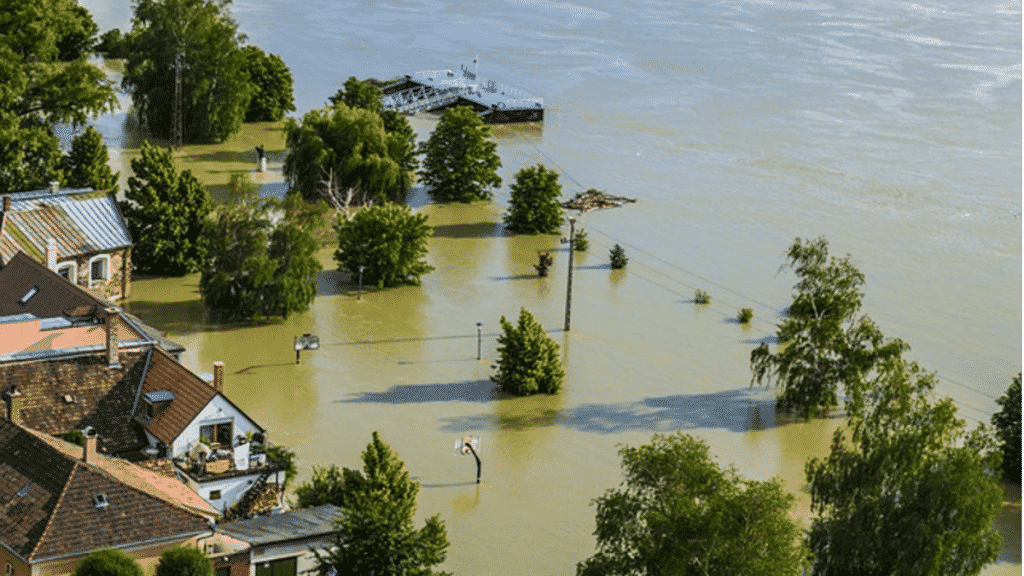Water-related damage is one of the leading causes of property loss. While natural disasters such as floods and storms cause damage to your property, man-made accidents are often the primary cause of water-related loss. It could be a clog in the toilet, damaged appliances, burst pipes, and poor plumbing issues. For this reason, you should familiarize yourself with the following tips to avoid water damage to your home.
1. Install a Water Detector
Often, most water-related damage to your home is a result of leaks. When water leaks penetrate a porous building, they cause mold and mildew, rust, termites, and potential structural damage. However, you may not notice a water leakage until it is too late. For this reason, you should invest in a water leak detector.
Water leak detectors are battery-powered devices installed near plumbing features such as sinks, toilets, dishwashers, washing machines, and pipes. In the face of a water leak, the detectors send notifications to your smartphone so that you can fix the issue immediately. This saves the hassle of hiring a home restoration company like iFlooded restoration due to severe damage to your property.
2. Maintain Good Drainage
Clogged drains are a homeowner’s worst nightmare. This is because they result in cracks, uneven settling, and weakened building foundations, not to mention the growth of bacteria that cause allergies and diseases. To maintain good drainage, you should;
- Regularly run boiling water down your drain pipes
- Clean gutters
- Avoid using corrosive chemicals to clean your drain pipes
- Install drain covers on your shower and kitchen sinks
- Ensure the downspouts direct water a few feet away from your home
- Avoid making your toilet a wastebasket
- Regularly clean your garbage disposal
3. Monitor your Sump Pump Regularly
A sump pump is crucial in removing water from your basement. It ensures that your basement will not flood after prolonged rain. You should regularly monitor your sump pump to ascertain that it functions properly, especially during heavy storm season.
If you’re not sure how to test your sump pump, here is a guide:
- Connect the pump to an electrical outlet. Check to ascertain that the pump turns on and the circuit breaker is flipped on
- Ascertain that the sump pump is pouring water into the pit
- Fill the sump pump with water slowly. Check to ascertain that the water level falls
- Unplug the sump pump, then test the backup pump
4. Monitor your Household Appliances
You should regularly check appliances such as the refrigerator, washing machine, and dishwashers for leaks while following the manufacturer’s instructions. Inspect your appliance’s hoses at least once a year and replace them if you notice any sign of deterioration, including corrosion, bulging, or cracking.
Failing to monitor your appliance will not only result in water damage to your property. Your insurance cover providers may also not compensate you since most policies do not cover damage due to poor or lack of maintenance.
5. Monitor your Water Bill
One of the easiest ways to avoid water damage is by keeping track of your water bill. If you notice a tremendous increase in water bills without any apparent explanation, it could indicate a potential water leakage that needs fixing.
Endnote
While you cannot control all disasters from happening to your house, you can adopt preventative measures to avoid extensive water damage. Ensure that you maintain good drainage, regularly monitor your water bills, household appliances, the sump pump, and invest in quality water detectors to safeguard your home against water-related loss.
